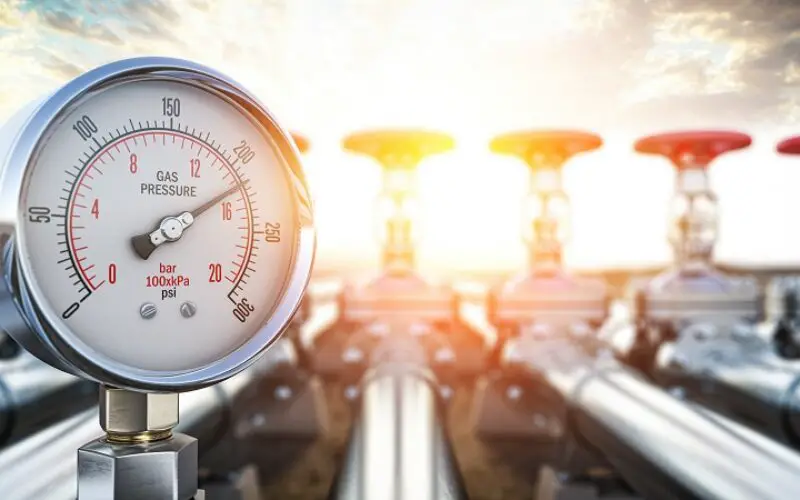Precision measurement equipment is an instrument used to measure objects’ physical quantity or give the objects’ precise value through indirect measurements. The equipment is used in commercial, industrial and laboratory settings to measure weight, mass, force, torque, pressure, temperature, dimension, and electric current.
There are different types of precision measurement equipment depending on your industry—for example, Eley Metrology deals in automotive, aerospace, oil and gas, and appliance-making equipment. Similarly, the type of instrument you buy will depend on its purpose, the level of accuracy required, and the environment where you’ll use the equipment.
Nevertheless, it’s in the best interest of any industry to purchase a reliable instrument that gives precise measurements. Some ground tips help you buy the right precision measurement equipment regardless of your industry.
This article will look into five of these tips. Keep reading to learn more.
Types Of Precision Measurement Equipment
Different types of precision measurement equipment are usually categorized into three distinct groups.
- Mechanical Equipment
These are tools fitted with scales or a digital display that measures diameter, areas, height, width, and depth. The best example of a mechanical device is the vernier calipers. Other mechanical tools include micrometer calipers and mechanical gauges, width gauges, height gauges, poker gauges, dial gauges, and bridge gauges, to mention but a few.

- Electronic Equipment
As the name suggests, these tools use power to measure. Electronic equipment can either be digital or analog. They include a speedometer, capacitance meters, voltage testers, and transducers.
- Pneumatic Equipment
Pneumatic devices are used to measure air volume and pressure through tubes. Examples of this equipment are nut riveters, pneumatic screwdrivers, and impact wrenches.
Now that you know the three classifications of precision measurement equipment, here’re some tips to help you choose the right one.
- Check The Maximum Weighing Capacity
When purchasing precision measuring equipment, you must keep in mind the weight capacity you’ll need to measure. A good device should measure your desired weight comfortably. It should also hold the container that you’ll use to measure the products. The only way to ensure the instrument meets the required capacity is by checking its maximum weighing capacity.
- Check The Least Readability
Least readability refers to the minimum unit of measurement a scale can display. The measuring equipment you purchase should meet your minimum measurement requirement. For example, if the least weight you expect to measure is one gram and the minimum readability of the scale is 5 grams, you won’t get accurate measurements.
- Consider Your Preferred Weighing Units
As you may know, there are various units of measurement, such as grams, kilograms, and ounces, to mention but a few. Before purchasing precision measuring equipment, consider its unit of measurement. It should be in line with your preferred unit of measurement. Otherwise, constantly converting the units can be tiring.
- Review The Elemental Protection Of The Equipment
Different precision measuring equipment is used for different industries under different environmental conditions. For example, some instruments are used outdoors, and others are used indoors. It helps when the outdoor equipment is designed in a way that can withstand humidity to prevent things like rust. That is what’s called the elemental protection of measuring equipment.
Elemental protection is the quality of an instrument to withstand the conditions of the environment where it’ll be used. Apart from climatic conditions, there are other factors to consider, like how regularly you use the machine. A weighing machine, for example, is used regularly. It’s therefore exposed to dirt, dust, microorganisms, and sometimes moisture. Consequently, good elemental protection for the weighing machine should allow you to clean it regularly without reducing its shelf life.
When checking for elemental protection, start by considering the environmental and working conditions of the measuring device. Go for the device with favorable elemental protection to serve you for longer.
- Choose Digital Devices Over Mechanical Ones
Digital precision measuring equipment tends to give more accurate measurements than mechanical ones. They’re fitted with the latest cutting-edge technology to give accurate readings. Moreover, most digital devices are built with some of the best elemental protection; they can withstand hard environmental conditions, water, and dust, among other elements that often damage devices.
Last but not least, with everything being digital, it only makes sense that you digitalize your measuring equipment. Besides, it helps make your work easier. You want to delay your customers as you try to balance off a mechanic weighing machine.
Wrapping Up
The type of precision measurement equipment you purchase will depend on its use, the environment where you’ll use it, and the required level of accuracy.
As such, there are many factors to consider when buying one, depending on the type. However, the five tips discussed in the article cut across any equipment you wish to purchase.
About Author –
John Edwards – John Edwards is an automotive contractor with over 10 years of experience. He shares his knowledge and expertise on car machinery and tools through writing guest posts. John also enjoys camping and fishing with family in his free time.



